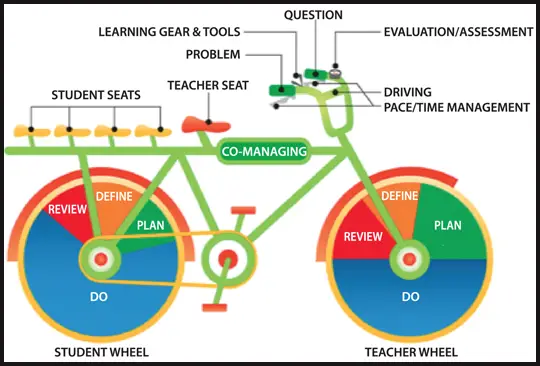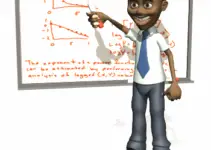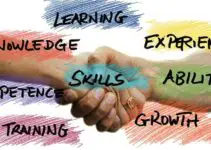Are you wondering what to take up for a Master of Arts course? If you are a teacher, I strongly suggest that you take up an MA in Curriculum and Instruction.
Please read the article below to find out why you should do so.
With the 21st Century Education in mind, it is deemed important to take a master’s degree in curriculum and instruction. Do you want to know why? The following reasons are more than enough to convince you.
The existence of e-learning and globalized education has prompted many researchers and educators to re-engineer the educational system. This educational milieu has brought many changes and challenges to teachers. They need to have an in-depth background in curriculum and instruction in order to ensure the alignment between the learning objectives and the learning outcomes. Another reason for taking up this course is to be equipped with skills on how the outcome-based education or OBE must be implemented, and how the needs of the students for the 21st century can be addressed.
Curriculum and Instruction in the 21st Century
Let’s take a look at the table below to see the differences between the 20th century and the 21st century classroom:
| 20th Century Classroom | 21st Century Classroom |
| Time-based | Outcome-based |
| Focus: memorization of discrete facts | Focus: what students Know, Can Do, and Like after all the details are forgotten |
| Lessons focus on the lower level of Bloom’s Taxonomy – knowledge, comprehension, and application | Learning is designed on upper levels of Bloom’s Taxonomy – synthesis, analysis, and evaluation |
| Textbook-driven | Research-driven |
| Passive learning | Active learning |
| Learners work in isolation, classroom within four walls | Learners work collaboratively with classmates and others around the world – the Global classroom |
| Teacher-centered: teacher is center of attention and provider of information | Student-centered: teacher is facilitator/coach |
| Little to no student freedom | A great deal of student freedom |
| “Discipline problems”educators do not trust students and vice-versa. No student motivation. | No “discipline problems”- students and teachers have mutually respectful relationship as co-learners; students are highly motivated. |
| Fragmented curriculum | Integrated and interdisciplinary curriculum |
| Grades averaged | Grades based on what was learned |
| Low expectations | High expectations – “If it isn’t good it isn’t done.” We expect, and ensure, that all students succeed in learning at high levels. Some may go higher – we get out of their way to let them do that. |
| Teacher is judge. No one else sees student work. | Self, peer, and other assessments. Public audience, authentic assessments. |
| Curriculum/School is irrelevant and meaningless to the students | Curriculum is connected to students’ interests, experiences, talents and the real world. |
| Print is the primary vehicle of learning and assessment. | Performances, projects, and multiple forms of media are used for learning and assessment. |
| Diversity in students is ignored. | Curriculum and instruction address student diversity. |
| Literacy is the 3 R’s: reading, writing and math | Multiple literacies of the 21st century – aligned to living and working in a globalized new millenium |
| Factory model, based upon the needs of employers for the Industrial Age of the 19th century; scientific management | Global model, based upon the needs of a globalized, high-tech society. |
| Driven by the NCLB and standardized testing mania. | Standardized testing has its place. Education is not driven by the NCLB and standardized testing mania. |

Nowadays, with the paradigm shift taking place in favor of the 21st century education, it is therefore important that schools and universities hire teachers with MA in Curriculum and Instruction to implement a totally different type of curriculum. Demand for teachers with knowledge and expertise along this area will increase.
So, what are you waiting for? Enroll now and be one of the new breed of curricularists!
Reference
21st Century Schools (2008). What is 21st Century Education? Retrieved on December 5, 2014 from https://www.21stcenturyschools.com/What_is_21st_Century_Education.htm
© 2014 December 10 M. G. Alvior



Thanks Mary! I like this article: it’s informative.
Welcome, Adel. Please share this site to others.